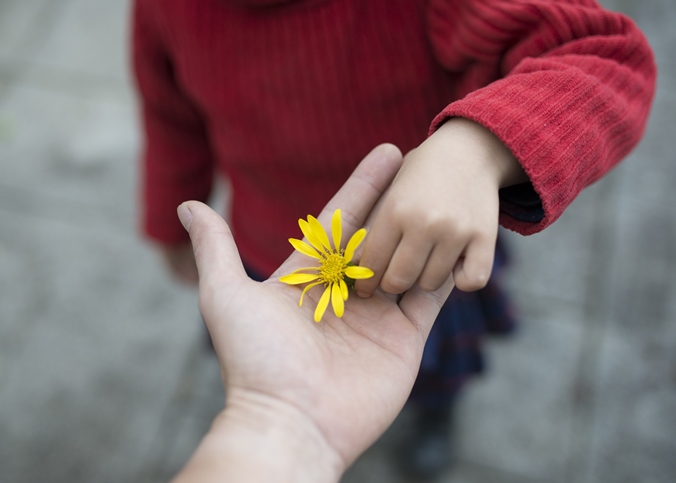“My son is six and doesn’t even know how to read!”
Though the social media post bordered on exasperation, it put a smile on my face as I had the same fear three years ago, when my eldest was preparing for primary school. And truth be told, the fear stayed with me until 6 months into the school term.
Like any six-year-old, she loved watching TV and playing with toys. During bedtime, my wife and I sometimes took turns reading to her – anything from The Gruffalo to The Faraway Tree but she never offered to read along, preferring to always listen. She could dish out comeback faster than any child her age, and her ability to storm out of the room is second only to her mother.
But 10 months before she started primary school, she still could not read any sentence in its entirety. Menu items were incomprehensible, and YouTube was a content channel she did not know how to navigate, as the Search function was an unknown entity to her.
There was no way to get her to turn down the volume on the television, and have her read a show’s subtitles. While she understood that each pony from her favourite cartoon had a corresponding name and colour, and knew their names by heart, she could not read the names off the screen, or on a piece of paper. And how do you convince a child the importance of reading when she knows how to ask smart assistants such as Alexa or Google to play her top songs using voice controls?
Reading classes or not
I started to worry, and considered several options, most of which centred around tuition, phonics classes, or an enforced reading routine that could potentially erase any pleasure she would ultimately derive from reading. Plans started forming in my head, until my wife asked me, “Do you remember who taught you to read?”
And this question had nothing to do with my age or forgetfulness. The point she was trying to make is that few of us remember how we learnt to ride a bicycle, play video games, or sing. Unlike math or science, where the facts need to be burned into memory, other aspects of life are just a matter of observing and picking things up as we go along.
I had two options, she said. I could make the next 10 months a pain by sending our daughter to extra reading classes, or let her enjoy the remainder of her school-free life, and allow the school to teach my child how to read.
But it couldn’t be that simple, could it? I was worried. What if my girl needed a stronger foundation, or was dyslexic? Maybe I should send her for a test, just to be sure. Otherwise, how can a six-year-old not read every-day children’s words such as Twilight Sparkle (the lead character from the My Little Pony series), Disney or even apple?
Though I had my doubts, I trusted in the mother of my child and didn’t sign our daughter up for additional reading or phonics classes. I did make an effort during our bedtime routine, to get her to look at the text in her storybooks as I read to her, but it was all for naught.
Turning the page
Three months into the first year of school, she came back with wrong answers in assignments because she could not understand the sentence. Six months later, she still wanted us to read her bedtime stories. But, I could see slight improvements – she discovered that typing out the first letters in YouTube’s search bar generated a list of top searches, and the fact the she managed to select the correct result meant that she could read.
Then came one night when instead of clamouring for us to read to her, she sat on her bed reading the latest chapter of The Enchanted Wood. The next thing I knew, she started reading out messages on my smartphone. These days, she watches YouTube more than Netflix, due to the wide variety of kid’s content available that she can now read the synopsis of.
For her recent birthday, I decided that she no longer needed more toys, since friends and family would continue to indulge her on those, so I picked up a book for her instead. Actually, it was four books as part of a series, and imagine my sadness when two days after her birthday, she ranked my books as her third-favourite gift this year.
It’s been a month now and all her birthday toys are where all her other toys are – hidden in boxes until she remembers to play with them. But she just finished the first 200-page book and has moved on to the second. And every evening, she will proudly announce that she has tackled more pages.
So, you know why I smiled when I read my friend’s post. When my daughter first entered Primary One, she couldn’t read either. But here she is, wrapping up Primary Two and reading with a hunger that I never saw in her growing up.
My wife and I did our part to cultivate a love for reading, and for the rest, we left it to her school. It’s worked. Now if I could just get her to stop reading the messages that pop-up on my phone when she’s using it.




.jpg)

